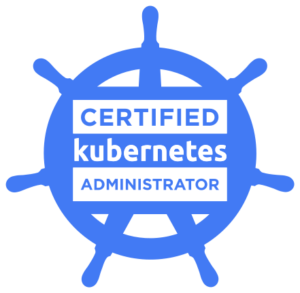Our Blog
Sharing Our Experiences
- Java project & consultancy
- Cloud Native Development
- AI & IoT

Jeroen
Get ready for CKA exam: share experiences
- by Jeroen
- -
- - Certification, Development, Kubernetes
What is CKA?
Training
When it comes to both the CKAD and the CKA exams two things are essential. Knowing the core concepts of Kubernetes and how to use the `kubectl`command line tool. Without understanding the core concepts, you’ll lack the mental framework to do well during the exam. Without knowing the correct kubectl tricks using imperative commands, you’ll likely be too slow to finish all of your questions.
Apart from knowing the concepts behind how to use Kubernetes, you’ll also need to be familiar with the different components of a Kubernetes cluster along with part of their configuration. For example, you need to know what a Kubelet is and how it fires up other components through static pods (and how to configure the path to it), as well as being able to figure out what might be going wrong in case you run into an issue like having an unresponsive API.
Next to that, be sure to be familiar with other command line tools that are related to administering Kubernetes clusters. You’ll need to know how to work with the kubeadm utility, which enables you to install or upgrade Kubernetes clusters. You’ll also need to be able to use the etdctl tool which can be used to create or restore a backup of the etcd database used in your cluster.
You will also need to have a good working knowledge of typical Linux command line tooling, an editor like Vi or Emacs and basic Linux administration. Using systemctl and journalctl to manage Systemd services, basics of networking, etc.
As with the CKAD exam, there are both a Linux foundation course and a Udemy course by Mumshad Mannambeth.
When I was studying for my CKA exam, I had a preference for Mumshad’s material. Not only because of the clear and concise videos, but also for the lab environment. Everything you can expect to be able to do on the exam can be practiced beforehand in this lab environment. Udemy also very frequently has major discounts on the course, so be sure to buy it at the correct time.
One thing I often read in online blogs regarding the CKA certificate is that people recommend doing Kelsey Hightower’s Kubernetes the hard way, some people even saying to do it multiple times. Although it’s definitely interesting to gain more insights, doing it won’t define whether you pass the exam or not.



